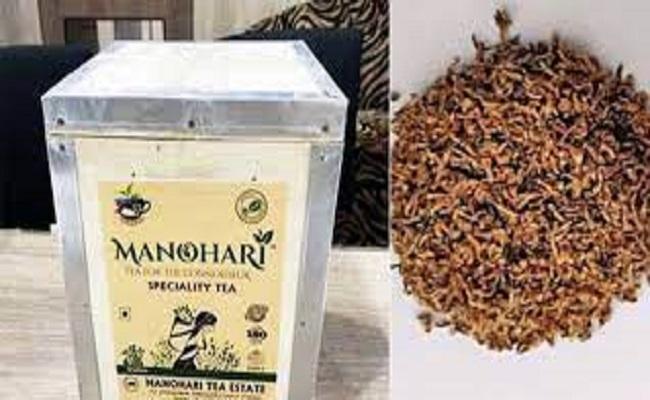1 KG Assam Tea Costs 99K, Deets Inside

A kilogramme of Assam tea was sold for a record price of Rs 99,999.
Guwahati: Officials from the Guwahati Tea Auction Centre (GTAC) claimed high-quality orthodox tea from a tea estate in eastern Assam's Dibrugarh was auctioned for Rs 99,999 per kg on Tuesday, setting a new record.
The Manohari gold tea from Dibrugarh was sold to Saurav Tea Traders with the highest offer of Rs 99,999 per kilogramme at the GTAC, breaking its record. Last year, the same was auctioned at the GTAC for Rs 75,000 per kilogramme, the highest price of the year.
According to Rajan Lohia, the tea estate owner, they have set a new record.
"Our 1 kg gold tea has fetched a record price of Rs 99,999 per kg at the GTAC. We always gave priority to the quality tea, and under no circumstances we do not compromise on quality. We are very glad that once again we brought glory for Assam tea," Lohia told the media.
He said that they produced the traditional tea using the little bud rather than the best clove P-126 leaves.
"Every year we target to produce 10 kg of gold tea, but this year, due to various reasons, including climatic conditions, we produced two kg. For such tea production, the weather and soil quality of Assam is perfect. We only maintain the quality," Lohia added.
The tea garden owner claimed that only high-quality tea could rescue Assam's tea industry, claiming that Assam tea is known across the world for its outstanding quality. The Manohari Tea Estate in Dibrugarh has 1,000 acres and employs 600 people.
The group's three farms generate roughly 25 lakh kilogrammes of tea each year. In 2018, it set a new record when a kilogramme of orthodox tea was sold for Rs 39,001, making it the most expensive tea ever sold at an auction centre in the country.
In 2019, the same bagged Rs 50,000 per kilogramme. Assam, which produces over 55% of India's tea, employs about 10 lakh tea workers in the organised sector, who operate on approximately 850 large estates. Aside from that, there are tens of thousands of tiny tea gardens owned by people.




